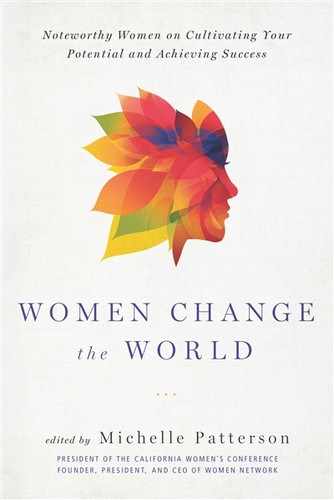 Dr. Marissa Pei is an organizational psychologist, speaker, coach, and facilitator to hundreds of organizations, including Fortune 100 companies like Johnson & Johnson, Wells Fargo, AT&T, Mattel, UPS, and Bank of America.
Dr. Marissa Pei is an organizational psychologist, speaker, coach, and facilitator to hundreds of organizations, including Fortune 100 companies like Johnson & Johnson, Wells Fargo, AT&T, Mattel, UPS, and Bank of America.
Dr. Pei is the best-selling author of two books: Organization Development and Consulting, a graduate business text, and Mommy, What Are Feelings?, a children’s book that her daughters illustrated when they were five and seven. This book, which explores the taste, touch, sight, and sound of feelings, has helped many autistic children.
She has parlayed her professional experience onto television as a “talking shrink head” on a number of ABC, Discovery, Learning Channel, and Fox specials, commenting on why people do weird things at work and other interesting human dynamics. She has also taken her experience onto the stage, as an internationally sought-after motivational speaker and lecturer in China, Europe, and throughout the United States.
She is a recipient of the 2012 Asian Entrepreneur of the Year and the 2007 Remarkable Woman of the Year Award from the National Association of Women Business Owners (NAWBO) and Asian Women Entrepreneurs (AWE). She also received the 2005 Role Model of the Year Award in Business and Media, presented by the Asian Business Association and Nordstrom.
Let’s hear it for men. Let’s hear it for women. Let’s hear it for gender group differences.
Gender group differences have been the topic of much organizational psychology, academia, and science research. They are not stereotypes, but scientifically researched qualities that make women a little different from men.
For instance (and probably not surprising to most women), research shows that most women are more multifocus oriented than men; they are more capable of negotiating multiple ideas and projects at the same time. The flipside is that, when it comes to single-focus orientation, men are better at making decisions quickly.
Similarly, women tend to be more sensitive. We typically have more hormones, which leads to a more natural sense of compassion. It’s not that men can’t be sensitive or compassionate; women are just wired genetically to have a sort of natural proclivity; that is the way we are built. This can also be a negative, however. In a strategic meeting, two male participants can get into a heated argument where it feels like they are going to come to blows, but as soon as the decision is made, one guy will put his hand around the other guy’s shoulder and ask, “Where are we going for lunch?” On the other hand, I have seen two women senior executives who strongly disagree on an issue and don’t speak to each other for the rest of their careers.
Acknowledging and leveraging the value of gender group differences has been a long time coming. One of the areas that I consult in is strategic planning, which is traditionally a harder-science area. And when I do consulting in that area, some clients prefer that I don’t bring anything too “touchy-feely” to the party. So there is some stereotyping that I am not able to see the hard side or numbers of business. That isn’t true, but dealing with that assumption is one of the challenges I face. I think in finance or strategic planning, there is traditionally a stronger identification with the male perspective or orientation that gets brought to that area, and so women have to work harder for credibility there.
Early in my career, I was facilitating nine senior executives—all men—for a Fortune 50 company at its strategic retreat. We were working, as a group, on team communication. The group wanted to do some team building and some very “macho” work. I wanted very much to be respected, so after spending the day in ninety-five-degree weather and wine tasting with the group, I was trying to keep up with their drinking with limited success. Then I was handed a cigar. I didn’t know the first thing about smoking cigars. So I inhaled and got sick. Normally, I wouldn’t do those things, but I had to behave differently with them.
Fast forward to the present. Thankfully, women are now entrenched in business; gone are the days when I had to act like man and pretend to have balls that tucked in very well. I believe smart organizations recognize men and women each have a unique fit in the organization. We come to a place where the male natural strength comes in handy and there are times when the female natural strength comes in handy. And the best organizations are not the ones with the best people but the organizations that have the best people in the best-fit places. And I think that gender difference has a lot to do with discovering where that fit is.
I believe I live in a friendly universe and I don’t have to compare myself to other people. I just stay clear and in tune with what my strengths are; I try to let go of the idea that I must do everything well and that I should always be a good fit. I try not to take things personally, to be impeccable about keeping my word, and to pay no attention to what things are said by other people. At the end of every day, I ask myself: Have I done the best I can with the time that I have and resources I have with the ability that I have? And if I can say yes, then I am a success.
